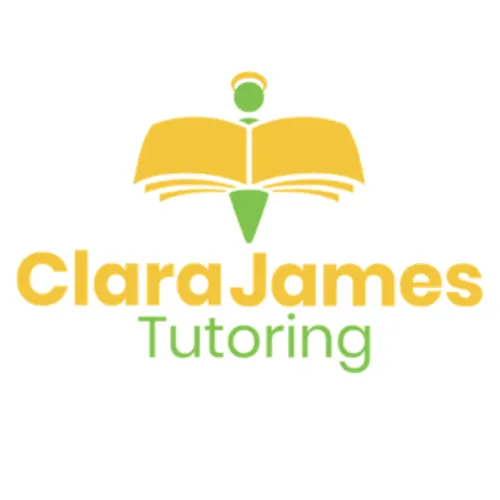Clara James Tutoring
BLOG POSTS

What qualifications do your tutors have?
The qualifications of the tutors vary, some are qualified teachers and GCSE examiners with a whole range of qualifications, some are teaching assistants, one is a civil servant, another a trainee doctor. We have always found that the personality of the tutor often is more important than the qualifications. I’ve got a mum who works with me, who prior to joining, her experience was working with her own children. She has been with me for several years now and is one of the best tutors I have. Having said that they are all amazing.
I have made mistakes in the past. I had a lady work with me who had been travelling the world teaching English for over 30 years. But she didn’t fit with the families that we support. Sadly, none of them wanted her back, her CV and experience teaching was second to none, her ability to adapt to the individual that she was working with after so long teaching in a classroom wasn’t.
Sadly, we had to part ways. It’s taken a long time to build up our reputation and so I ensure that every tutor I recommend, now I do so with confidence.
Morning,
I hope the week is going well.
So many people seem to be doing D of E and work experience
at the moment, good luck if that’s you and if you’re at Marlow Camp next
fingers crossed for good weather!
I’ve just finished a lesson on division. It seems to be
something that messes with the brains of so many people.
I found it got easier when I stopped thinking about it as
division and instead thought about it as multiplication. So, if for example I
had the question 396 divided by 3, I would look at it as 3x what = 3. My answer
would be 1. How many times would I need to multiply 3 to get to 9, (my answer
would be 3). Then 3x something = 6. My answer would be 2. Giving me the overall
answer of 132.
I know that’s a really simple example but hopefully it explains
my point.
Thankfully in schools they don’t often seem to need to do
long division, but I’ve worked with a couple of adults (generally nurses for
some reason) who have needed it.
I think I’ll explain this one in a video, as it will be too
complicated to explain it with words as bits get put all over the place. I hope
this makes sense though:
Enjoy the rest of the week and speak soon,
Dawn

